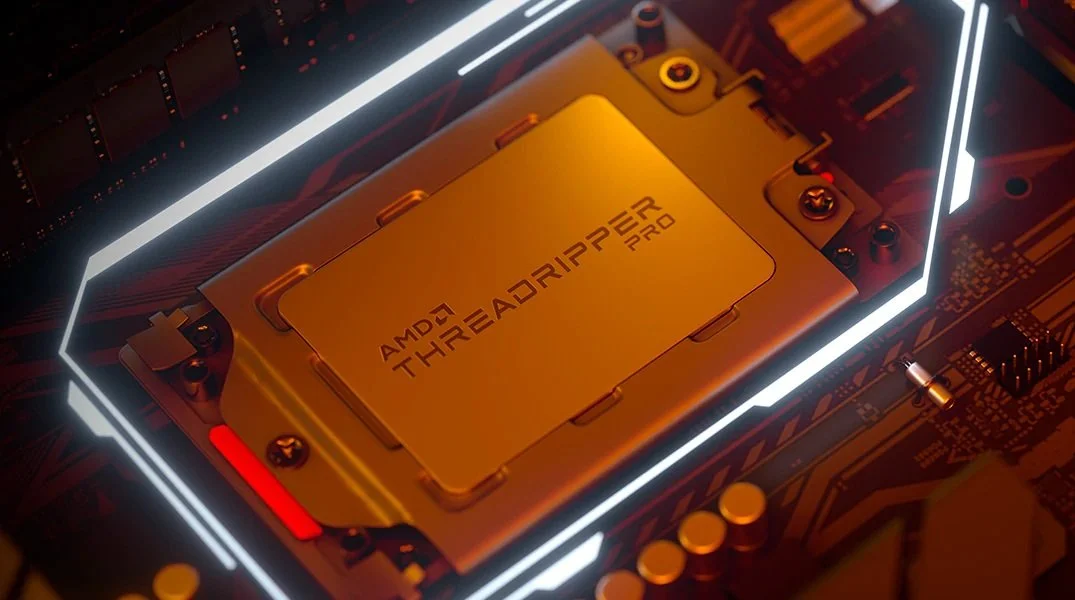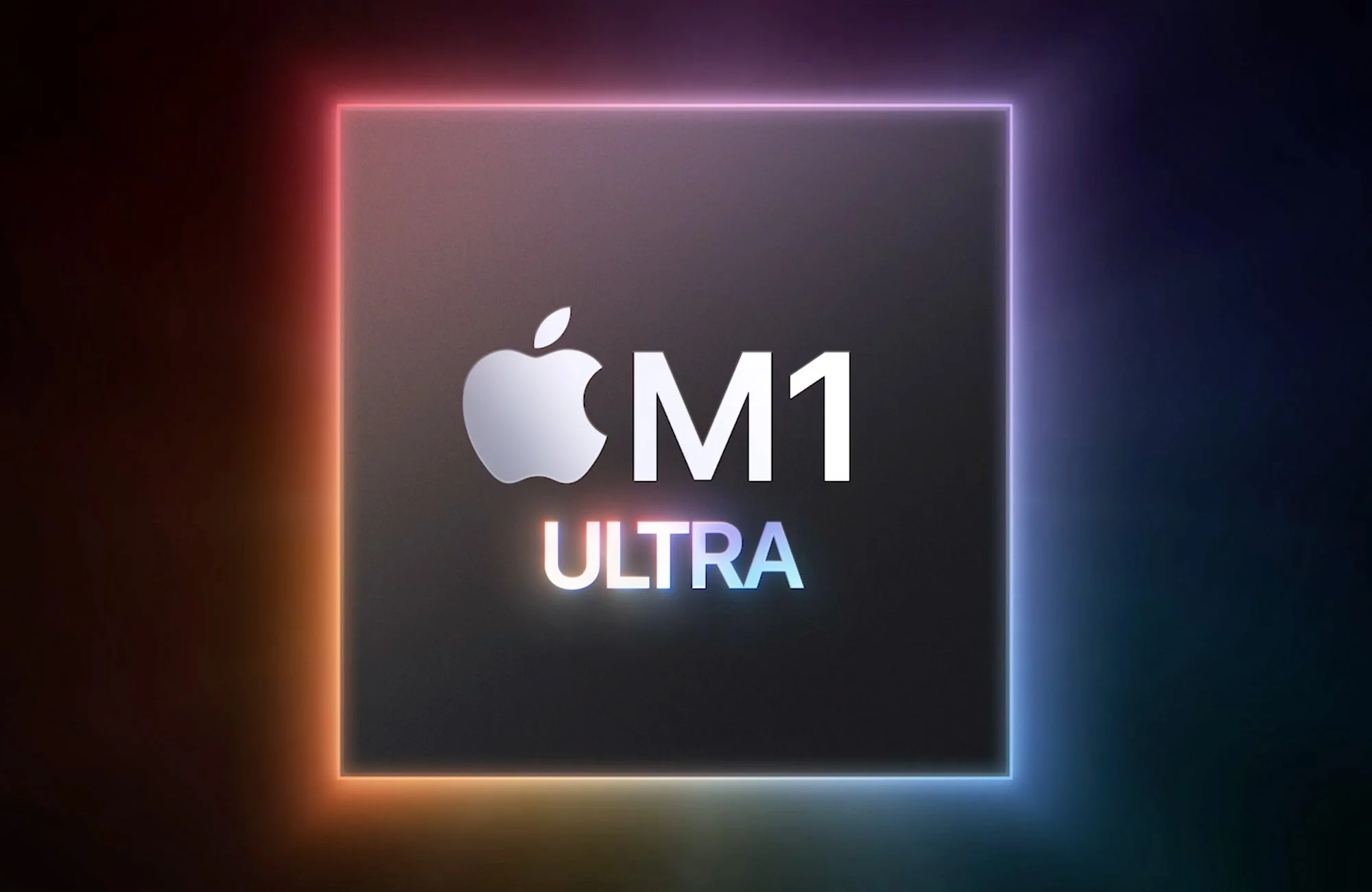According to recent tests the M1 Ultra is 2.6 times slower then AMD's Thread ripper Pro 599wx
When Apple launched its new flagship desktop, the Mac Studio, emerging details regarding performance and features began circulating on the web—sparking interest in a device packed with potent hardware—causing many to perform benchmark tests versus CPUs manufactured by AMD and Intel. One particular benchmark test was performed on a fully loaded Mac Studio with Apple's 20-core M1 Ultra processor. The processor has shown to perform well under single-threaded operation, putting it ahead of most desktop CPUs, not so much against high-powered workstation- processors.
Apple's M1 has garnered praise in the tech community for its single-thread solid performance. The M1 Ultra processor frequency clock speed is around 3.20GHz, which is on par with Intel's Core i7-12700 boosting frequency up to 4.90GHz in the PassMark single-thread CPU scores are 3 918 for Apple vs. 3896 Intel.
It's a whole different ball game with the Threadripper Pro 5995WX destroying Apple's top-end workstation CPU by 2.6 times (hence the title of this post), scoring 108,882 benchmark points, even with the 64-core processor having a much lower base clock of 2.70GHz. Probably the significant advantage over Apple's M1 Ultra is computational resources. Meaning high-volume workloads will always be faster with Ryzen Threadripper Pro.
Benchmark: is a test used to compare similar devices. Benchmarking software functions by running a series of well-defined tests measuring performance. A benchmark produces a score that is used to compare PC systems.
Benchmarks tests aren't always the determining factor of any computer's overall performance. Most of the time, Benchmark tests are nothing more than a marketing ploy to entice consumer demand.
Whether you're on an M1 Ultra system or an AMD/ Intel system, your choice is based solely on your workload need. Therefore, you don't need to rely on published benchmark results as a guide when shopping for a system.





